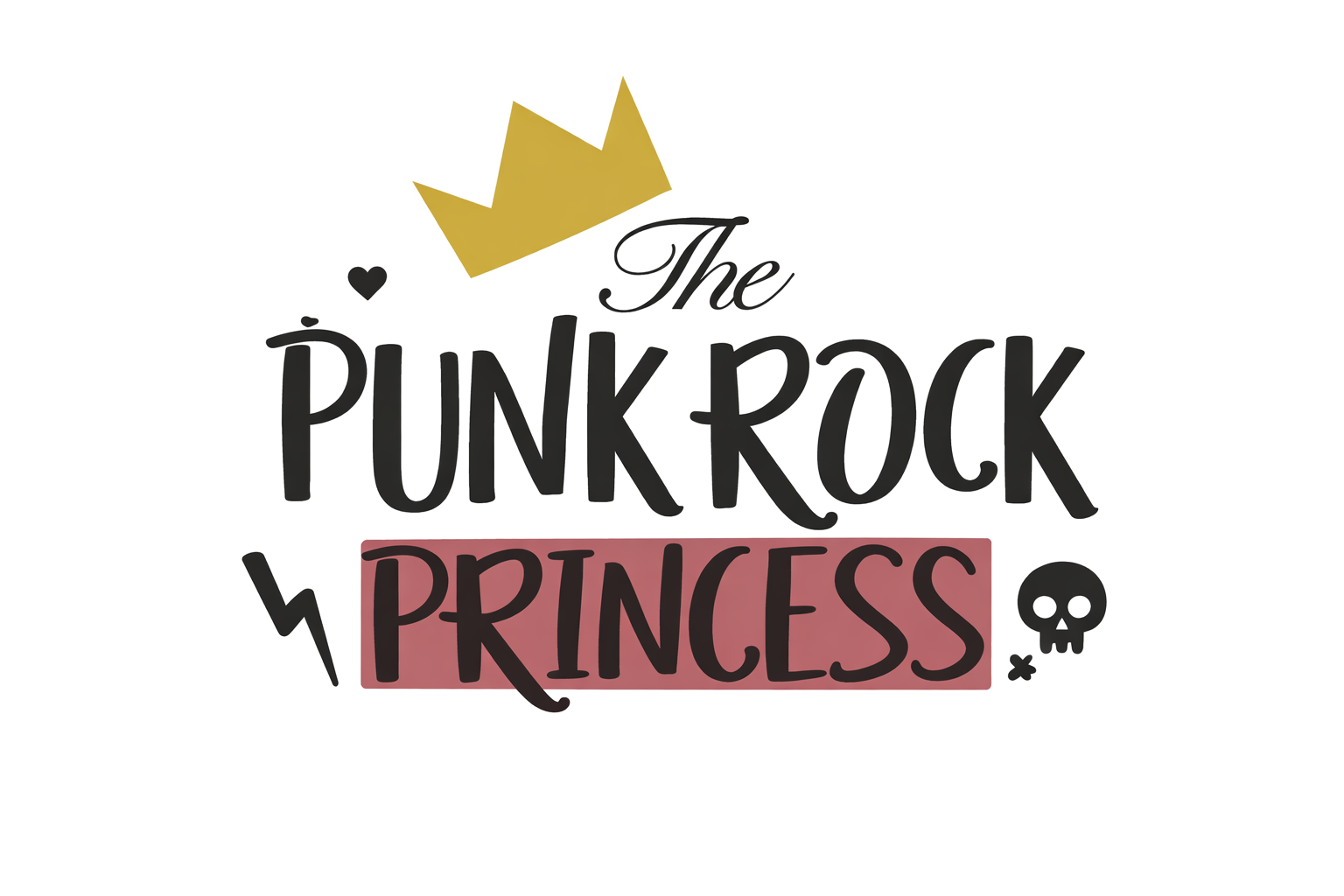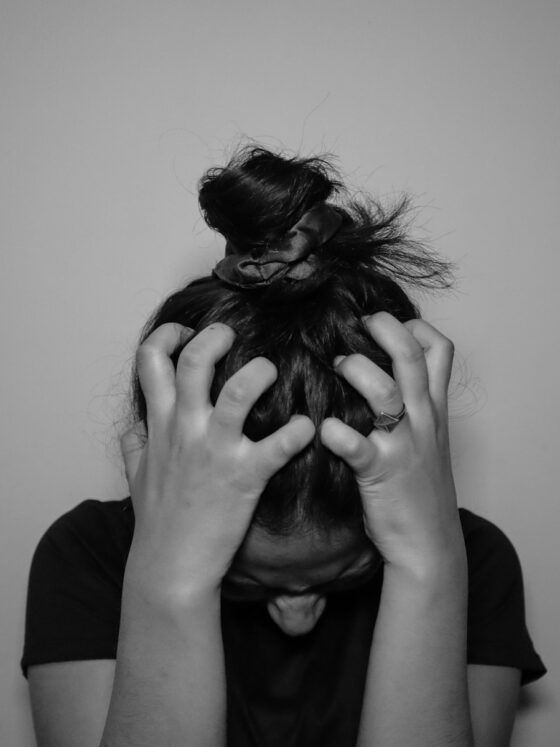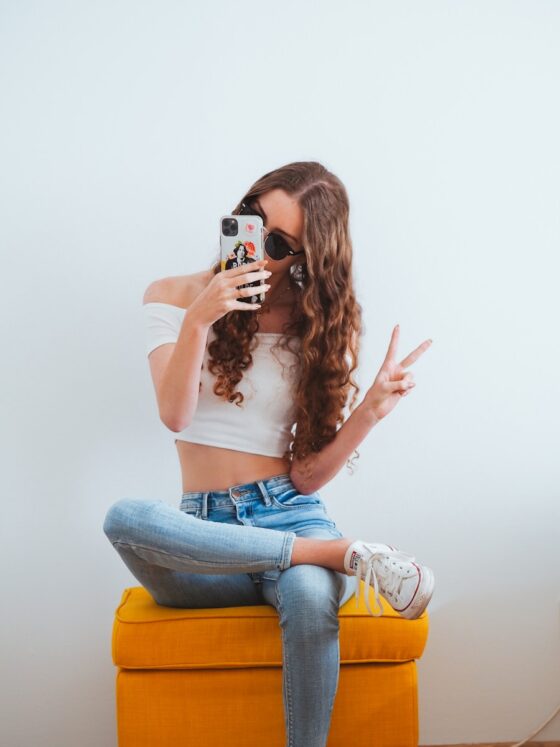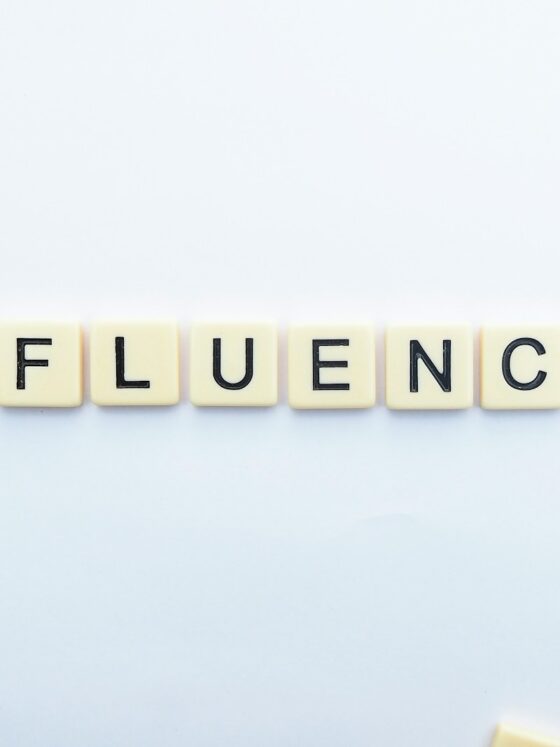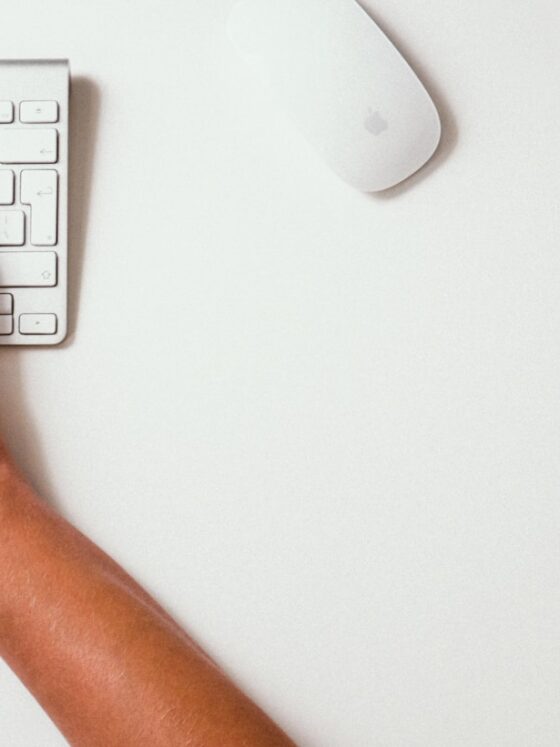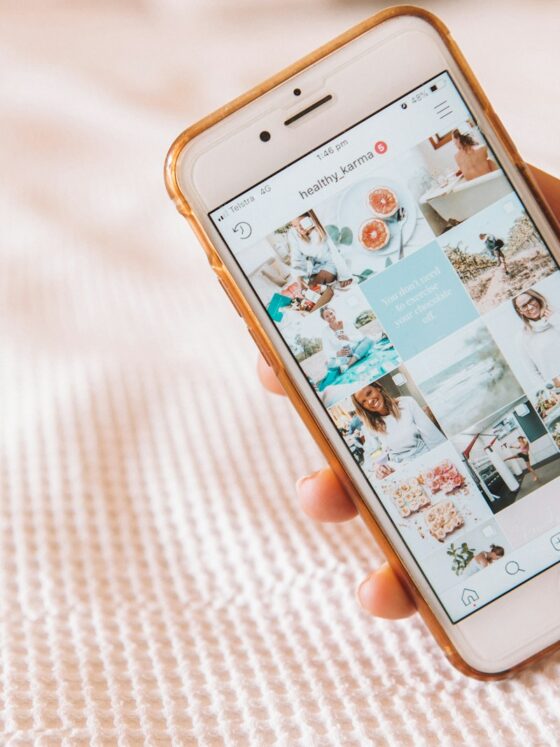Let’s be real: we’ve all done it. We’ve all given someone a brief glance. The silent “What are they wearing?” thought is a common phenomenon. People frequently form quick judgements about someone’s choices, lifestyle, or overall vibe. Judgement is basically built into our survival instincts. But just because it’s natural doesn’t mean it’s beneficial. It’s like socks with sandals: technically allowed, but should you really?
In a world brimming with diversity, complexity, and plot twists that rival soap operas, it’s astonishing how quickly we form judgements about individuals we hardly know. Here’s why judging others can be a trap, and why replacing judgement with empathy can be a transformative experience.
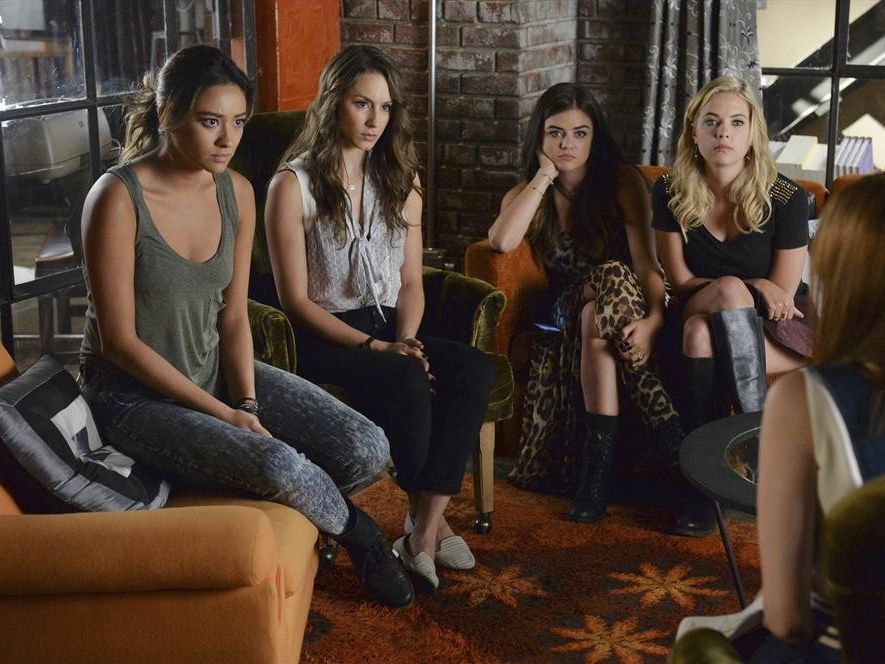
The Power of Empathy: Your Brain’s Secret Superpower
Sure, judgement comes naturally, but so does empathy. Think of it as your brain’s underrated feature, like the hidden pockets in your favourite jacket. Empathy lets you slip into someone else’s shoes (metaphorically, of course, unless you’re really into swapping footwear).
It’s not about agreeing with everyone or turning into a human doormat. It’s about this simple concept:
“Maybe there’s more to this person than what I see.”
Empathy allows you to pause your assumptions. Instead of thinking, “Why are they acting like that?” Try, “I wonder what’s going on behind the scenes.” Be aware that there’s always a hidden agenda.
Growing Up in a World of Change
Imagine a life where your surroundings change every few years, where your identity is not bound to a single place but an amalgamation of cultures, languages, and experiences. For some, this is not just a hypothetical scenario but a reality.
For example, I grew up in various countries because my parents worked at the Dutch Embassy. Childhood was a tapestry of cultures and languages, constantly adapting to new environments and an ever-evolving sense of self.
Judging such a person based on superficial aspects of their life would be unfair and misguided, as it ignores the rich tapestry of experiences that shaped them.
Hidden Battles: The Stuff You Don’t See
Everyone’s fighting battles. Some wear theirs like badges; others tuck them deep inside, invisible to the world.
- That superconfident coworker? It’s possible that they are battling anxiety behind the scenes.
- Could it be the friend who consistently brings humour to the table? They might be concealing their depression behind their jokes.
- Does the person appear distant? Perhaps they’re coping with a grief they’re not ready to share.
When we judge based on surface-level stuff, we’re like people critiquing a book cover without reading the story. Spoiler: the plot is always more complicated.
The Danger of Stereotyping: When Your Brain Gets Lazy
Stereotyping is essentially the careless counterpart of judgement. It’s what happens when we put people into neat little boxes because it’s easier than doing the mental work of, you know, seeing them as individuals.
- “They’re from [insert country]? They must be like that.”
- “They dress like that? They must believe this.”
- “They look a certain way? They must act like this.”
Boring, right? Clearly, this is not the case.
Stereotypes flatten people into cartoons, ignoring the messy, beautiful, complex reality of who they are. Furthermore, stereotypes serve as a precursor to overt discrimination. Hard pass.
The Ripple Effect: Your Judgment Doesn’t Stay in a Bubble
Consider whether judging someone internally is truly inconsequential. Think again.
Judgement is like throwing a stone into water; the ripples spread.
- It affects how you treat people, even in small, unconscious ways.
- It can create divides where there should be connections.
- It feeds into a culture where people feel like they have to hide who they are.
But guess what? The opposite is true, too.
A small moment of empathy can ripple just as far, sometimes even further.
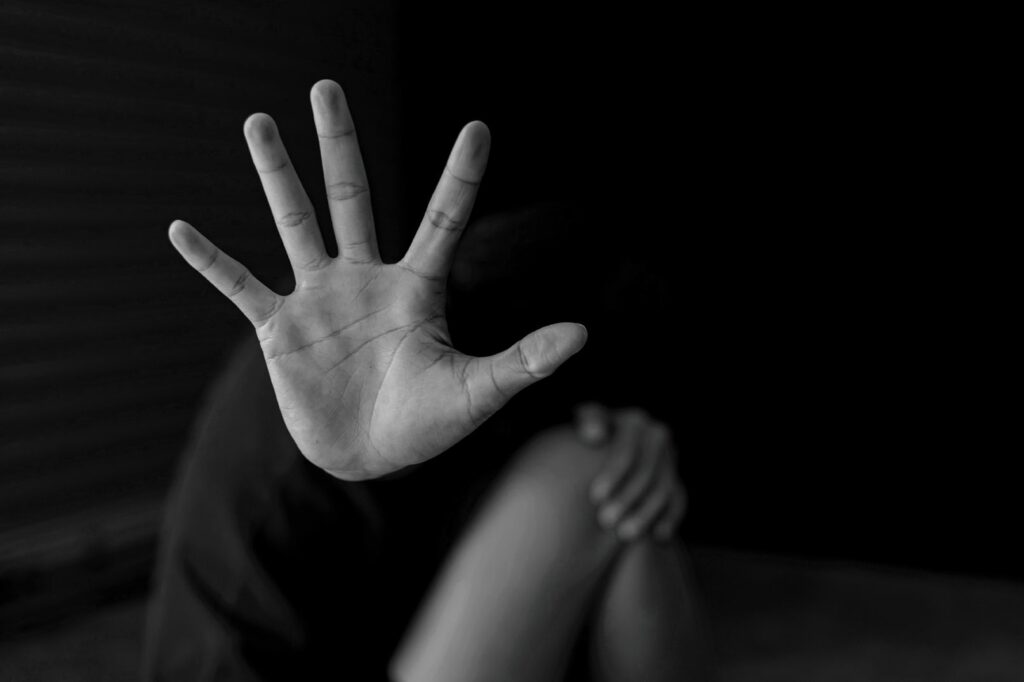
Famous Faces, Hidden Struggles
Think celebrities have it easy? Think again. Here’s proof that you never know someone’s story just by looking at them.
| Celebrity | Struggles/Challenges |
|---|---|
| Demi Lovato | Mental health issues, addiction recovery |
| Dwayne “The Rock” Johnson | Childhood poverty, depression |
| Lady Gaga | Mental health struggles, sexual assault survivor |
| Selena Gomez | Lupus diagnosis, mental health advocacy |
| Johnny Depp | Legal battles, personal turmoil |
| Oprah Winfrey | Childhood abuse, poverty, discrimination |
| Meghan Markle | Racism, mental health struggles, public scrutiny |
| Robert Downey Jr. | Substance abuse, legal troubles, career revival |
| Chrissy Teigen | Postpartum depression, online harassment |
| Justin Bieber | Mental health issues, fame-related challenges |
If even people with fame and fortune face invisible battles, imagine what’s hidden in the lives of the people you pass every day.
So, what’s the takeaway?
Next time you catch yourself about to judge someone—pause.
Ask yourself:
- “Do I know the whole story?”
- “Is this assumption helping anyone?”
- “What if I gave them the benefit of the doubt instead?”
Because at the end of the day, we all just want to be seen, heard, and understood. Giving each other the space to be more than what is immediately apparent is the first step towards achieving this.
Your Challenge: Be Less Judgemental, Be More Curious
- See someone acting weird? Maybe they’re having a terrible day.
- Meet someone different from you? Ask questions. Be curious.
- Catch yourself stereotyping? Flip the script. Imagine their story beyond the surface.
Because here’s the plot twist:
When you stop judging, you don’t just make the world better for others; you improve it for yourself. This leads to an increase in connections, stories, and depth. And isn’t that what life’s all about?
So, let’s put the judgement down and pick up a little more empathy.
The world doesn’t need more critics. It needs more listeners.
